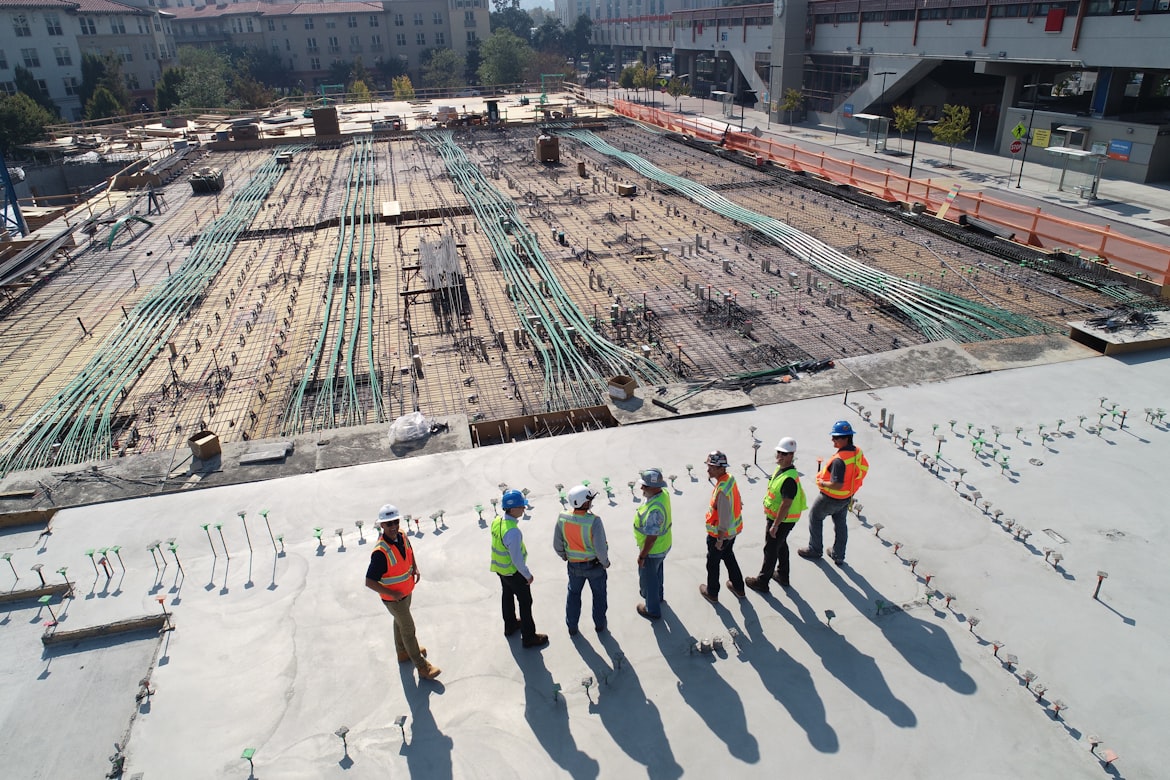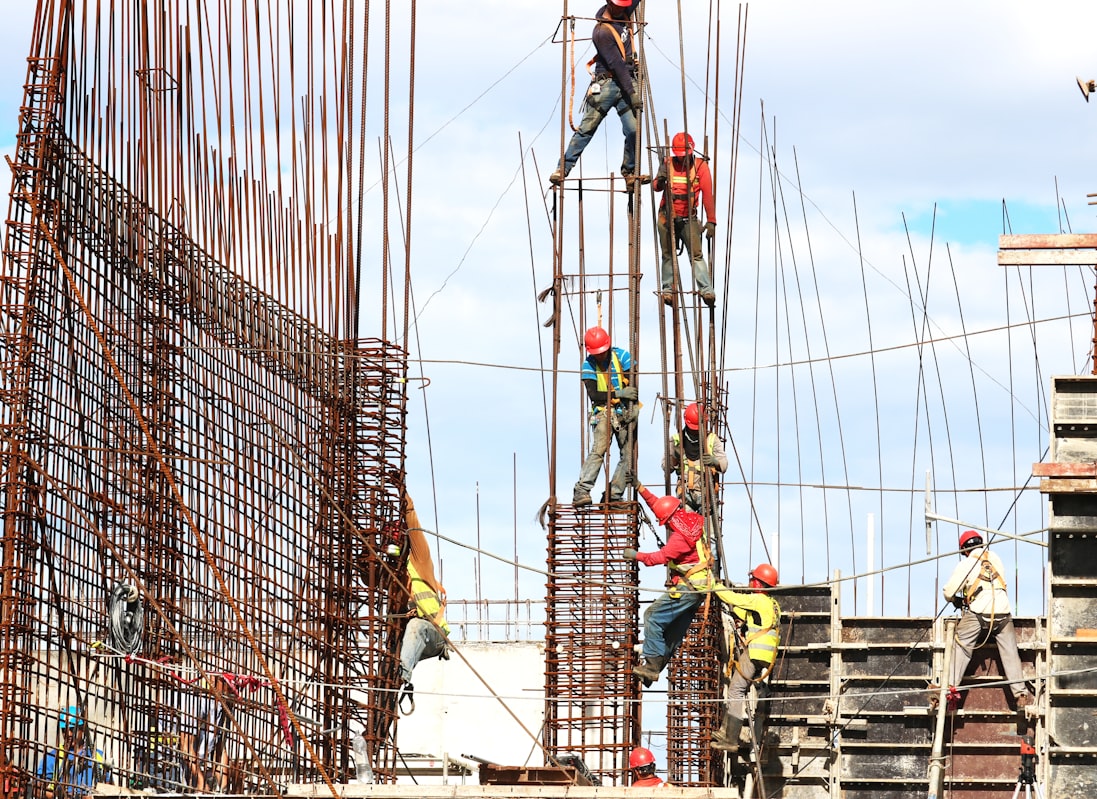New construction ventures play a pivotal role in shaping our communities. From towering skyscrapers to cozy residential neighborhoods, these projects change the physical environment and have profound effects on the social and economic fabric of the communities they inhabit.
Let’s explore the multifaceted impacts of new construction ventures with the support of new construction loans, exploring how they contribute to economic growth, job creation, and the development of vibrant, sustainable neighborhoods.
Economic Growth
One of new construction ventures’ most immediate and tangible impacts is their contribution to economic growth. These projects often require significant investments in materials, labor, and services, creating a ripple effect throughout the local economy.
Builders and developers purchase materials from local suppliers, hire local contractors and workers, and utilize various services such as transportation, utilities, and legal assistance. As a result, money flows into the community, stimulating economic activity and generating income for businesses and individuals alike.
Moreover, new construction ventures can boost property values in the surrounding area, increasing local government tax revenues.
Higher property values mean higher property tax assessments, providing municipalities with additional resources to invest in public services such as schools, parks, and infrastructure improvements.
This, in turn, enhances the overall quality of life for residents and further contributes to the attractiveness of the community for both businesses and residents.
Job Creation
Another significant impact of new construction ventures is job creation. These projects require diverse skills and expertise, from architects and engineers to carpenters and electricians. As construction activity increases, so does the demand for labor, leading to job opportunities for individuals across various sectors of the economy.
The indirect jobs created through the multiplier effect, such as those in supporting industries like manufacturing and transportation, further contribute to employment growth.
Furthermore, the construction industry provides opportunities for training and skill development, offering pathways to employment for individuals from diverse backgrounds, including those with limited formal education.
Apprenticeship programs, vocational training, and on-the-job learning opportunities allow workers to acquire valuable skills that can lead to stable, well-paying careers in the construction trades.
Development of Vibrant, Sustainable Neighborhoods
Beyond the economic impact, new construction ventures also play a crucial role in shaping the character and vitality of communities. Well-designed and thoughtfully planned developments can contribute to creating vibrant, sustainable neighborhoods that foster a sense of belonging and community pride.
These projects often incorporate features such as green spaces, pedestrian-friendly infrastructure, and mixed-use developments that promote walkability and connectivity.
New construction ventures provide an opportunity to address pressing social and environmental challenges, such as affordable housing shortages and climate change.
By incorporating affordable housing units into new developments or implementing energy-efficient building practices, builders and developers can help address housing affordability issues and reduce the carbon footprint of buildings, contributing to a more equitable and environmentally sustainable future.
New construction ventures can serve as catalysts for neighborhood revitalization, particularly in areas that have been historically marginalized or neglected. By investing in infrastructure improvements and community amenities, developers can help attract new residents and businesses, spurring further investment and economic growth in the area.
This can lead to a positive feedback loop where increased economic activity generates additional resources for community development, ultimately resulting in a more inclusive and prosperous neighborhood for all residents.
New construction investments can be a very lucrative project. If you’re considering venturing into new construction but are unsure about how to finance your project, there are several options available to you.
Financing a construction project requires careful planning and consideration of your financial needs, as well as an understanding of the various available financing options. Here are some financing options to consider:
Bank Loans
Bank loans are a common source of financing for construction projects. Banks offer a variety of loan products tailored to the needs of developers and builders, including construction loans, commercial mortgages, and lines of credit. Construction loans are typically short-term loans that provide funding to cover the costs of land acquisition, construction, and related expenses.
These loans may require periodic disbursements based on the progress of the project, and interest is usually charged only on the amount disbursed. Once the construction is complete, the loan may be converted into a long-term mortgage or paid off with proceeds from the sale or refinancing of the property.
Private Loans
Private loans, also known as hard money loans or private equity financing, are another option for financing new construction projects. Private money lenders, such as individuals or investment firms, provide funding based on the project’s value and the borrower’s creditworthiness.
Private loans often have higher interest rates and shorter repayment terms compared to traditional bank loans, but they can be a viable option for borrowers who may not qualify for conventional financing or need quick access to capital. New construction hard money loans are also more flexible regarding loan-to-value ratios and underwriting criteria, making them suitable for unconventional or high-risk projects.

Before deciding on a financing option, it’s essential to carefully evaluate your project’s financial feasibility and consider factors such as the cost of financing, repayment terms, and potential risks. Consulting with financial advisors, lenders, and other industry professionals can help you navigate the complexities of construction financing and make informed decisions that align with your goals and objectives.
New construction ventures have the potential to impact communities in various ways significantly. While they bring about economic growth, job creation, and the enhancement of community amenities, it is important to approach these developments with a focus on sustainability, inclusivity, and community engagement.
Connect with Insula Capital Group, trusted private money lenders, to explore flexible financing options tailored to your project.
Contact us today and take the first step toward securing the funds you need!






